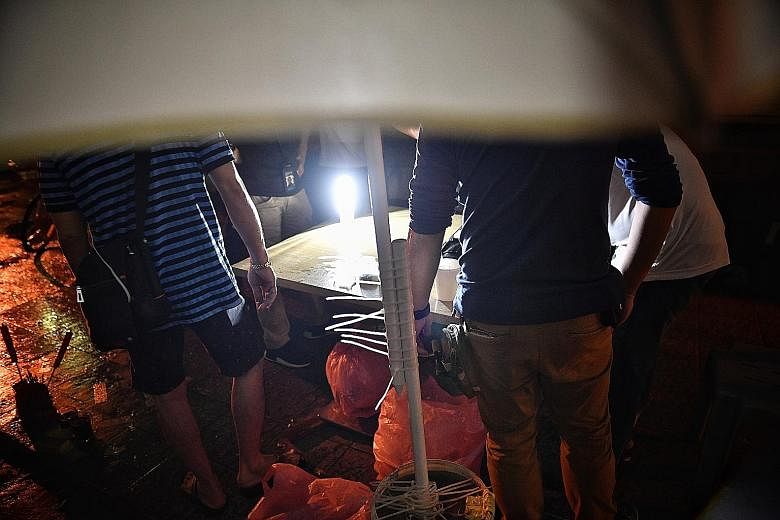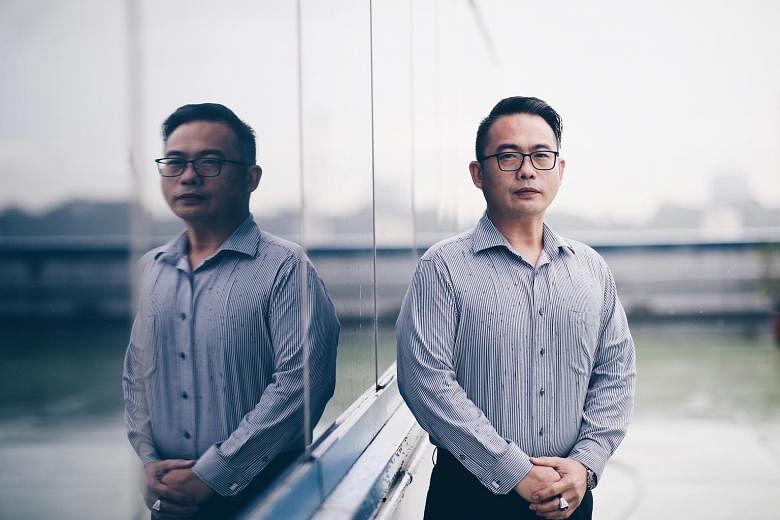For most Singaporeans, secret societies are a thing of the past.
That is partly due to the Criminal Law (Temporary Provisions) Act, and existing legislation like the Penal Code and the Societies Act.
The law allowing detention without trial remains a key piece of legislation which is "highly effective" in suppressing secret society activity, said Inspector Eric Toh, 40.
The senior investigation officer from the police's Secret Societies Branch (SSB) has spent the last 10 years policing the underbelly of Singapore's gangs.
"The Act remains a key legislative tool that is highly effective in suppressing secret society activity," said Insp Toh, noting that a key part of enforcement is to prevent young people from joining gangs.
Through enforcement rounds and regular checks at potential hotspots, like nightclubs and gaming shops, the SSB oversees investigation work into all secret society activities islandwide.
In Parliament yesterday, the Criminal Law (Temporary Provisions) Act (CLTPA) was extended for a 14th time, with the latest version including changes such as giving the minister the final say on whether detention is necessary for reasons of public safety, peace and good order.
During the debate, Home Affairs and Law Minister K. Shanmugam said the Act was used last year to cripple two gangs and helped ensure protection for witnesses.
"In both cases, the victims were unwilling or unable to identify the attackers. The gang members were prepared to give evidence, but not in court, for fear of reprisals. Without (the Act), it would have been difficult to deal with the gangsters."
Emphasising that it was a tool of final resort, he said the Act has been used against drug traffickers and criminal syndicates. "Where we can, we move to the criminal justice system, and use the CLTPA as sparingly as possible."
The Criminal Law Detainee population has fallen over the years, to 103 last year, compared with 109 in 2016 and 118 in 2015. Of last year's detainees, 86 had been in secret societies, 11 in unlicensed moneylending and five in drug trafficking.



